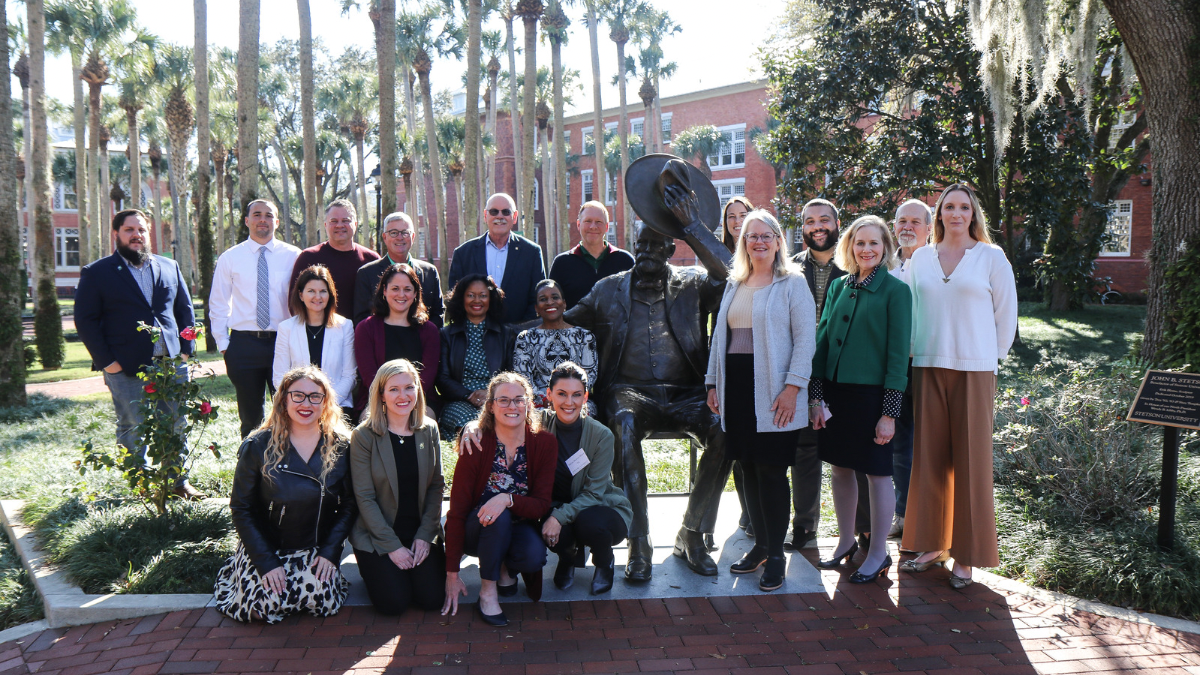Civility Enhances Performance
The Oxford English Dictionary defines civility simply as “politeness; act of politeness.” The active application of civility in daily life requires more than polite acts and good manners, however; it depends upon genuine awareness of others, based upon respect. An effort to first understand the perspective of others leads to restraint, reflection and consideration in our interactions. (I wrote about this in another in another recent post, “Conversations that Matter”.)
Robert Pippin, American Philosopher and Professor at the University of Chicago, describes civility this way:
“Being civil to one another is much more active and positive a good than mere politeness or courtesy, but like many other important goods, such as generosity, gratitude, or solidarity, it is not the sort of thing that can be “demanded” as a matter of duty, like a moral entitlement.”
Ultimately, our actions define us, but our words describe us. Choose both carefully and you’ll discover that civility enhances performance.






3 Comments
Leave a Reply
On Being RESPECTFUL – Cultivation(s)
4 years ago[…] related expression of civility is gracious, polite and necessary for societies to function. Civility Enhances Performance because it conveys both understanding and acceptance. When it appears as the true manifestation of […]
Tom Morris
3 years agoGreat post. Many people think of civility as a need only in political contexts but you rightly point out its pervasive importance in a life of excellence.
Bill
3 years agoThank you, Tom, for joining the conversation! We need Civility now more than ever….